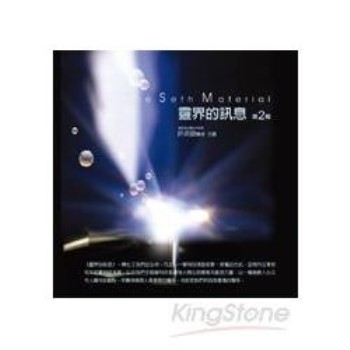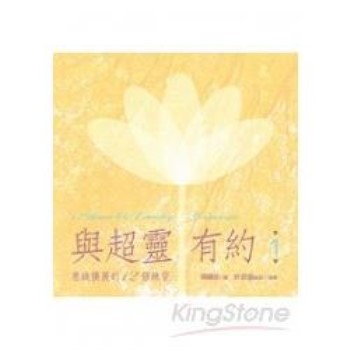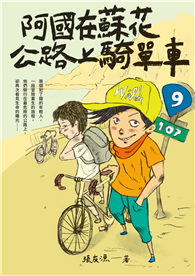Brazil is following the global trend of making manufacturers responsible for their post-consumer products, which can promote the internalisation of environmental costs in the development of products and packaging. In 2002, Brazil created the National Institute for Processing Empty Packaging (Inpev) for agrochemicals under the responsibility of the manufacturers. Inpev encourages the installation of empty packaging reception units and uses the principle of Reverse Logistics, which plans, operates and controls the flow and information corresponding to the return of packaging to the business cycle or to the production cycle through recycling. The system implemented has brought about environmental, social, economic, political and cultural changes in the disposal of empty pesticide packaging. Reverse logistics has proved to be an opportunity to develop the systematisation of waste flows and their reuse, inside or outside the production chain that generated them, contributing to a reduction in the use of natural resources and other environmental impacts, in order to promote sustainable development.
| FindBook |
|
有 1 項符合
said cometti的圖書 |
 |
$ 3630 | Pesticide Packaging in Brazil
作者:Said Cometti 出版社:Our Knowledge Publishing 出版日期:2023-09-12 語言:英文 規格:平裝 / 116頁 / 22.86 x 15.24 x 0.71 cm / 普通級/ 初版  看圖書介紹 看圖書介紹
|
|
|
圖書介紹 - 資料來源:博客來 評分:
圖書名稱:Pesticide Packaging in Brazil
|









